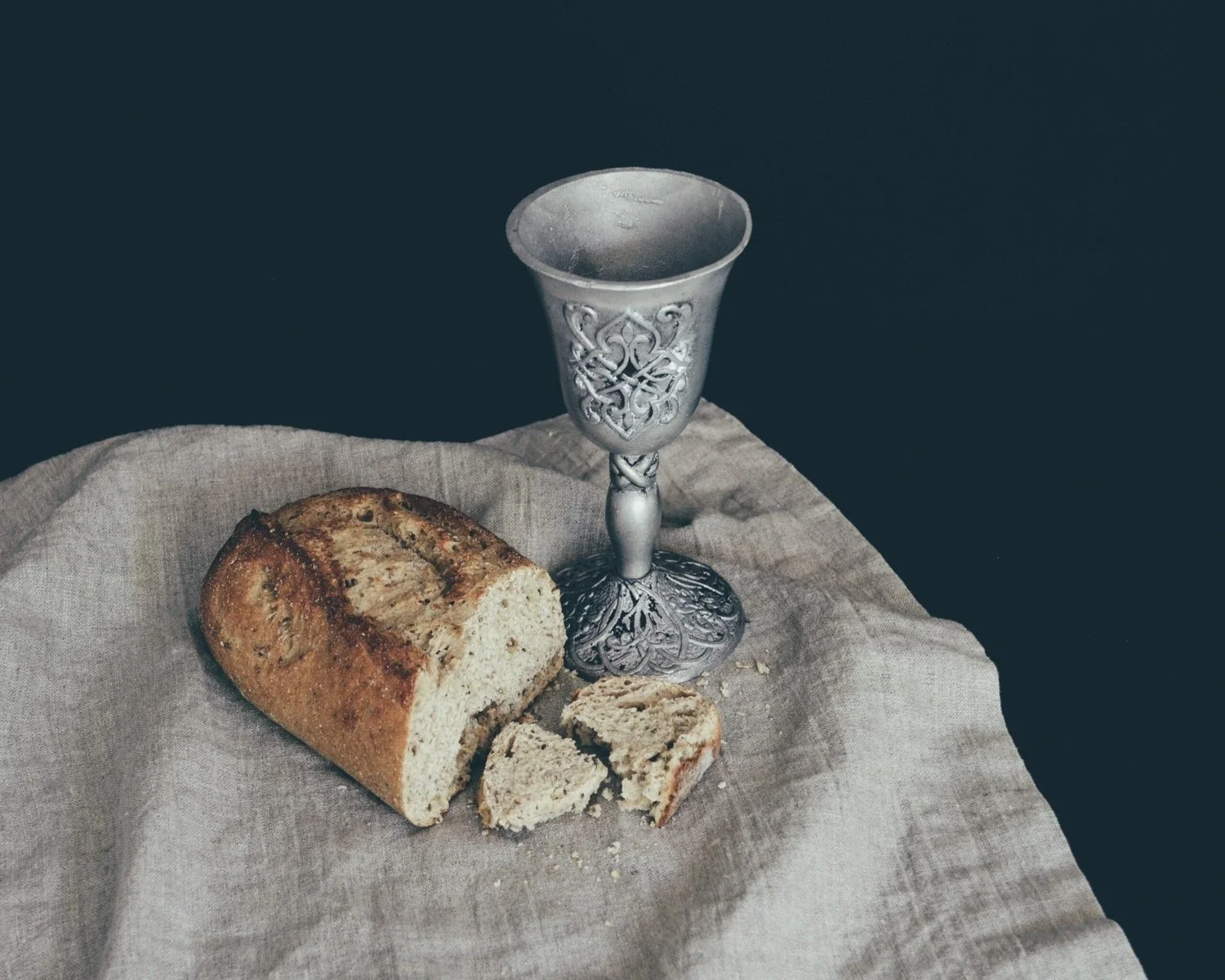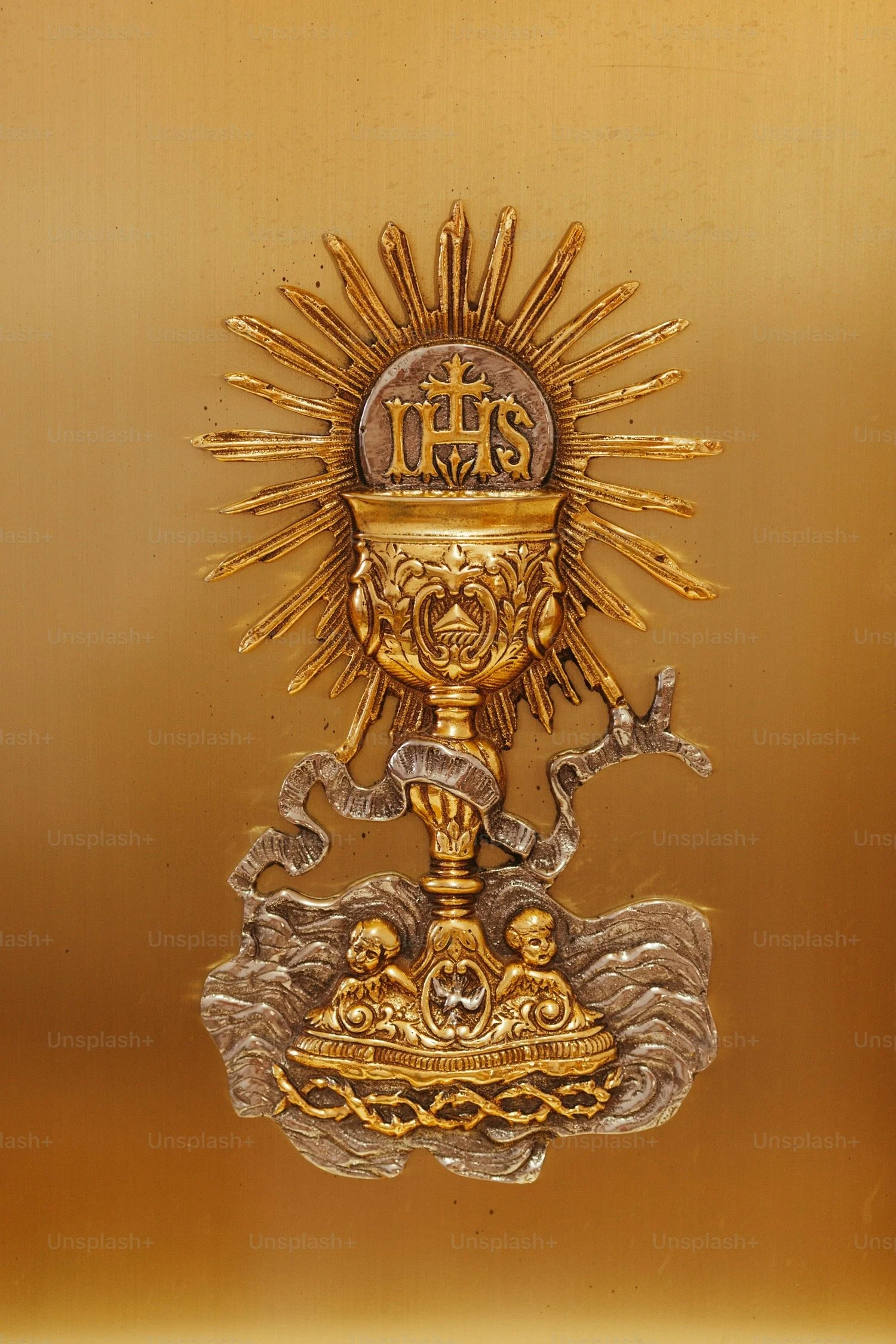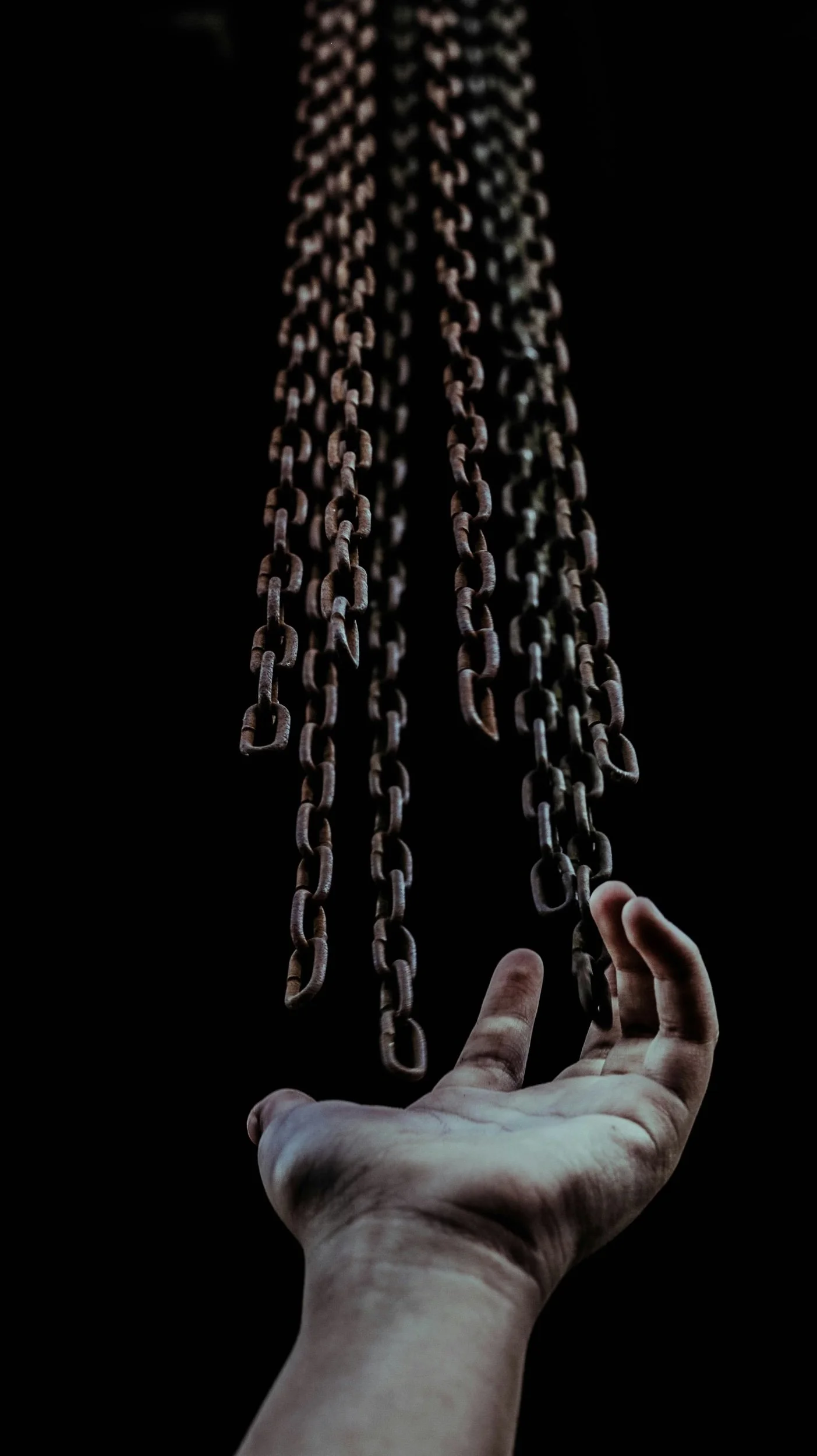Readings for today: Esther 1-5, Psalms 53
I love the women of the Bible. They live in incredibly difficult times. They live in cultures where they are treated more as property than people. They are subject to all kinds of abuse and neglect. They have no rights and no legal recourse. They are prized for their physical beauty and cast aside when it fades. Their worth is determined by the number of male children they bear and they are shamed if they cannot produce. It’s a brutal, harsh existence and it would be easy for the women to throw up their hands in despair. It would be easy for them to feel helpless and hopeless. Resign themselves to their lot in life and try to make the best of things. But then you read stories about women like Vashti and Esther. Women who are powerful. Fierce. Courageous. Bold. They dare to stand up to the men in their lives. They dare to be different. They refuse to accept the social and cultural restraints placed upon them.
One of the common mistakes we make when we read the Bible is to assume that because every word is “inspired” it must mean every word has God’s endorsement. For example, I’ve seen our passage from today used to support all sorts of misogynist thinking. Rather than celebrate Queen Vashti’s courage for refusing to bow down to the drunken wishes of an abusive king, they take the king’s side. They worry that Vashti’s example will cause all women to “look on their husbands with contempt” or they use Esther 1:22 where it talks about “every man being master in his own household” as a proof text for hierarchical notions of spiritual leadership. Such thinking is toxic and betrays a lack of understanding on how to appropriately interpret Scripture. Nowhere in the text does the king’s behavior receive God’s endorsement. In fact, God isn’t mentioned a single time in the entire book! The reason this book is included in the Bible is to teach us how God often works behind the scenes through the courage of His people. People He strategically places in pagan culture to carry out His sovereign will. People like Esther for example. “The king loved Esther more than all the other women. She won more favor and approval from him than did any of the other virgins. He placed the royal crown on her head and made her queen in place of Vashti. The king held a great banquet for all his officials and staff. It was Esther’s banquet. He freed his provinces from tax payments and gave gifts worthy of the king’s bounty.” (Esther 2:17-18 CSB) It’s important to note the king’s lecherous behavior never seems to change. He is a man driven by his unrestrained passions. As such, he is vulnerable to all sorts of manipulation. Left on his own, he would have killed all the Jews in his empire. But thankfully God was at work! Behind the scenes. Under the radar. Hidden from view. He orchestrates things in such a way that Esther is placed on the throne. And though she presumably has to endure some of the same abuse her predecessor Vashti did, she leverages her position to save her people.
We still live in a world full of abuse. A world where women are often dismissed, neglected, or ignored. A world where women are not treated as equals. They often do not receive equal pay or equal access or equal opportunity. Their rights are now being further eroded as more and more men identify as women. I know many men who are intimidated by strong women. I know many men who are afraid of strong women. I know many men who weaponize Scripture in order to subjugate women. Thankfully, Scripture itself attests to the truth that women are made in the image of God. Women are co-heirs to the Kingdom of God. Women are co-equals in the eyes of God. Furthermore, Scripture gives us example after example of women of deep faith who courageously buck their traditional cultural roles as they seek to serve and honor God. Jesus Himself affirmed the women who sacrificed everything to follow Him. They were among His first and most faithful disciples. I myself have been incredibly blessed to be married to a strong, godly woman and to be raising three strong, godly daughters.
Readings for tomorrow: Esther 6-10, Psalms 54




